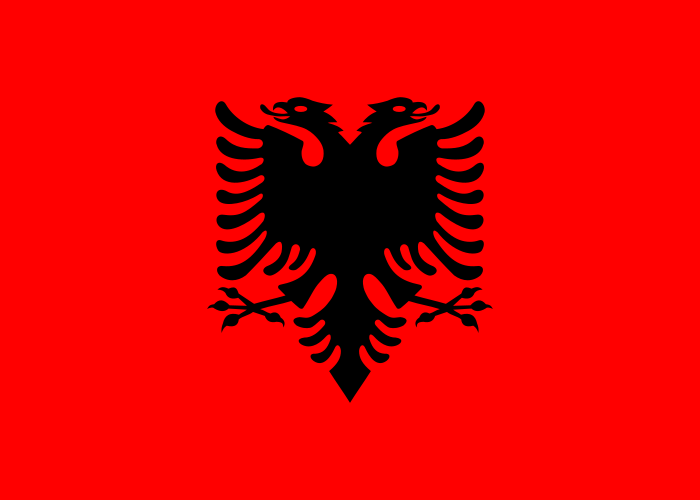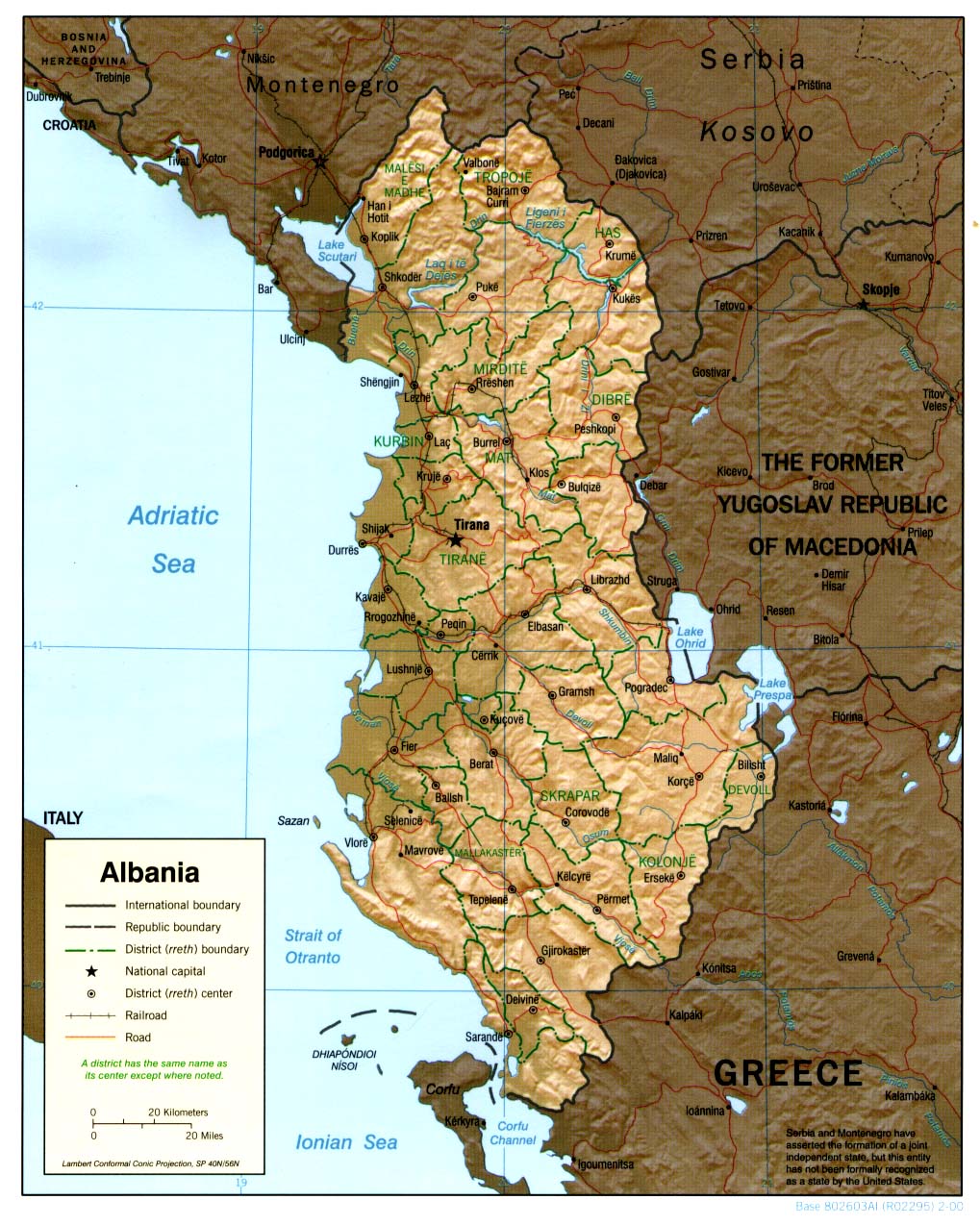Difference between revisions of "Category:Albania Adoption"
(Created page with "{{#eimage:http://upload.wikimedia.org/wikipedia/commons/thumb/3/36/Flag_of_Albania.svg/700px-Flag_of_Albania.svg.png|410x579px|thumb|'''The official flag of Albania.'''<BR...") |
|||
| Line 4: | Line 4: | ||
{{#eimage:https://www.cia.gov/library/publications/the-world-factbook/graphics/locator/eur/al_large_locator.gif|410x579px|thumb|'''Map of [[Albania]].'''<BR/>Source: cia.gov.}} | {{#eimage:https://www.cia.gov/library/publications/the-world-factbook/graphics/locator/eur/al_large_locator.gif|410x579px|thumb|'''Map of [[Albania]].'''<BR/>Source: cia.gov.}} | ||
| − | |||
'''Notice: As of July 14, 2014, all individuals and agencies facilitating [[international]] adoptions must be in compliance with the Intercountry [[Universal Accreditation Act]].''' | '''Notice: As of July 14, 2014, all individuals and agencies facilitating [[international]] adoptions must be in compliance with the Intercountry [[Universal Accreditation Act]].''' | ||
| − | |||
=ABOUT= | =ABOUT= | ||
Revision as of 00:36, 6 August 2014
Notice: As of July 14, 2014, all individuals and agencies facilitating international adoptions must be in compliance with the Intercountry Universal Accreditation Act.
ABOUT
Albania declared its independence from the Ottoman Empire in 1912, but was conquered by Italy in 1939, and occupied by Germany in 1943. Communist partisans took over the country in 1944. Albania allied itself first with the USSR (until 1960), and then with China (to 1978). In the early 1990s, Albania ended 46 years of xenophobic communist rule and established a multiparty democracy. The transition has proven challenging as successive governments have tried to deal with high unemployment, widespread corruption, dilapidated infrastructure, powerful organized crime networks, and combative political opponents. Albania has made progress in its democratic development since first holding multiparty elections in 1991, but deficiencies remain. International observers judged elections to be largely free and fair since the restoration of political stability following the collapse of pyramid schemes in 1997; however, each of Albania's post-communist elections have been marred by claims of electoral fraud. The 2009 general elections resulted in a coalition government, the first such in the country's history. In 2013, general elections achieved a peaceful transition of power and a second successive coalition government. Albania joined NATO in April 2009 and is a potential candidate for EU accession. Although Albania's economy continues to grow, it has slowed, and the country is still one of the poorest in Europe. A large informal economy and an inadequate energy and transportation infrastructure remain obstacles.
SOURCE
CIA World Factbook - Albania [1]
This category currently contains no pages or media.


